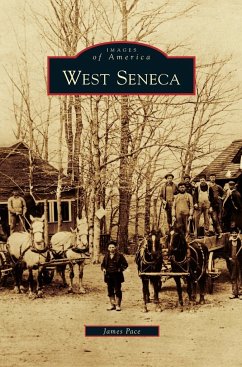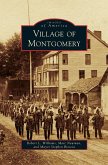West Seneca's history as a working community can be seen in its humble Native American cabins, sturdy Ebenezer Society buildings, simple farms, hardscrabble shops, and blue-collar housing tracts. In the 1700s, the Seneca Indians became the most dominant tribe when the town was part of the Buffalo Creek Reservation. In the 1840s, the arrival of the Ebenezer religious community from Germany continued the area's mostly agricultural development, and they formally incorporated the town in 1851. Their departure in the 1860s led to the arrival of more immigrants, primarily farmers, laborers, and shopkeepers. The next 100 years in West Seneca saw its development continue. In the 1950s, a further influx of new residents looking for affordable homes in a suburban setting led to the town's rapid growth as a mecca for working people.








